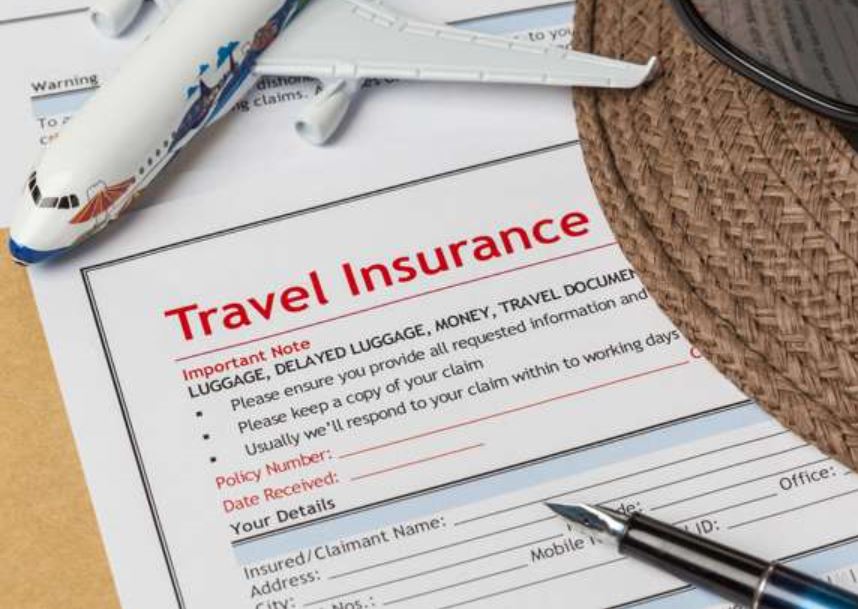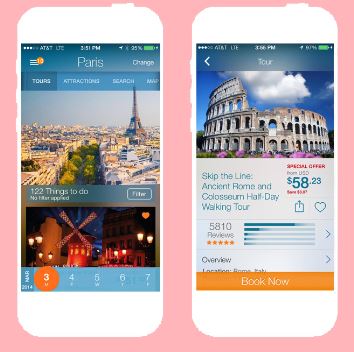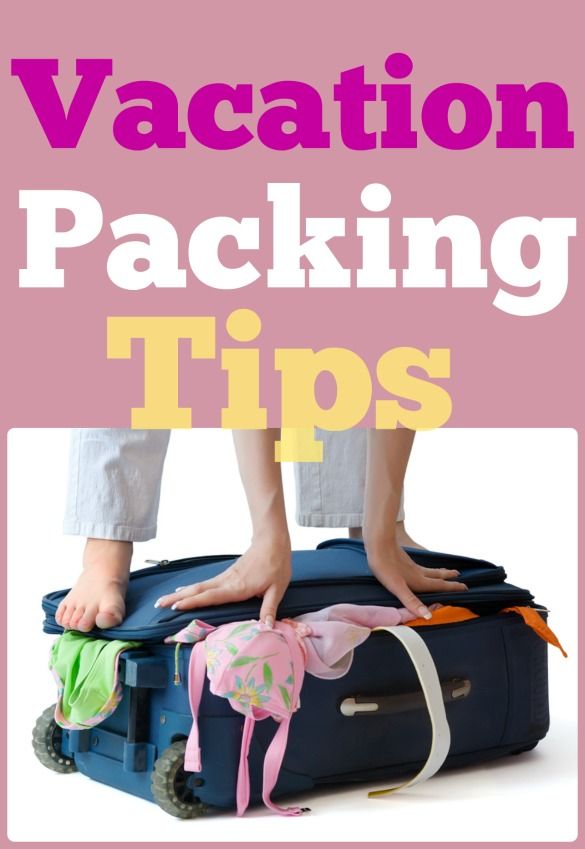Trip Tips and What to Pack for Your
Ireland and Scotland Singles Vacations
Passport and Visas:
Ireland
You do not need a visa to travel in Ireland if you are a citizen of the USA or Canada. A passport is required.
Permission to land: Even if you do not require a visa to enter Ireland, all non-EEA nationals, including those with visas, must obtain permission to enter the State by reporting to an Immigration Officer at the port of entry. The length of time you will be allowed to stay in Ireland is determined by the Immigration Officer but will never exceed a maximum of 90 days.
Scotland
Visitors to Scotland and the UK must hold a valid passport before starting their journey and children may require their own passports. Visitors from the USA, Canada, Australia or New Zealand, can stay for up to six months, providing they have a return ticket and funds to cover the trip.
Local Money:
Ireland
There are two currencies in Ireland. In the Southern part they use the euro and in Northern Ireland they use the Britisih pound sterling. Each euro (€.) consists of 100 cents and the denominations of their bills are 5, 10, 20, 50, 100, 200 and 500 euros.
Scotland
The currency of Scotland is the GBP Pound (£). One pound is comprised of 100 pence and coins can be obtained in 1p, 2p, 5p, 10p, 20p, 50p, £1 and £2 denominations. Money can be exchanged in banks, at foreign exchange bureaus and hotels.
Time:
Ireland
Ireland is in Western European Time and is 1 hour ahead of Greenwich Mean Time.
Scotland
Scotland is in the Western European Time Zone 1 hour ahead of Greenwich Mean Time. Scotland does utilize Daylight Saving Time. In Scotland daylight saving time is referred to as "British Summer Time."
Electric Plugs
Ireland
The standard voltage is the Republic of Ireland is 220 VAC at 50Hz. Plugs are 3 pin 1363 type. Most shaving sockets also support 110 VAC with the 2 pin international shaving plug. Many hotel rooms provide hair dryers. The voltage in Northern Ireland is 230/240 VAC 50Hz.
Scotland
Electrical sockets (outlets) in Scotland (Alba) usually supply electricity at between 220 and 240 volts AC. If you're plugging in an appliance that was built for 220-240 volt electrical input, or an appliance that is compatible with multiple voltages, then an adapter is all you need..
But travel plug adapters do not change the voltage, so the electricity coming through the adapter will still be the same 110-120 volts the socket is supplying. If your appliance is from another part of the world, and it is built only for 220-240 volt electricity, or a Japanese appliance built for 100 volts, then a travel plug adapter by itself won't be sufficient. The voltage will have to be changed from 110-120 volts at the socket, to whatever voltage your appliance requires. This is accomplished with a voltage transformer.
Weather
Ireland
The climate of Ireland can be summed up as being mild, moist and changeable with abundant rainfall and a lack of [temperature extremes.]
Ireland, as a whole, experiences a lack of temperature extremes compared to other areas of similar latitudes. Summers are generally warm and winters are mild. There is a regional variation, with inland areas being cooler in winter and warmer in summer than their coastal counterparts. Temperate maritime, modified by North Atlantic Current, mild winters, cool summers; consistently humid; overcast about half the time.
In Ireland, the only constant when it comes to weather is change. In fact, the locals say it’s not unusual to experience four seasons in one day. So don’t be surprised if you wake up to a spot of rain but find that the clouds have cleared just in time to view a perfect sunset over the Cliffs of Moher.
Scotland
Scotland's climate is actually moderate if changeable and only rarely extreme high latitude at either end of the temperature scale. The average number of days with snow falling in Scotland ranges from 15 to 20 days, whereas on the peaks and mountains in the Highlands the average number of days with snow falling is about 100 days.
Scotland's climate is highly unpredictable. Weather patterns shift all the time, and the climate can differ widely in places only a short distance apart.
What to Pack for Your Vacation
* Rain coat for wind and rain that you will face in Ireland, regardless of the season - The coat should not be insulated, should be comfortable and completely waterproof - compact easily for storage.
* Sturdy shoes, Spare Set of Comfy Shoes
* Light Jacket or Sweater, Hooded Weather-Proof Jacket
For what to pack on all singles vacations and more tips - Click Here
Shopping:
Ireland
You can actually shop until you drop in Ireland - rural arts and crafts centers will entice you to spend some money, so will some of the largest and most modern malls in Europe! Find out where to shop, what to look out for and how to strike a bargain. Be it typical souvenirs or the latest European fashions.
Scotland
Scotland offers an unrivalled shopping experience, no matter what your style and interests. Indulge in the very best local food and drink, purchased directly from the producers at farmers’ markets, or treat yourself to a stylish spree in one of Scotland’s many great shopping centres and boutique The shopping experience in Scotland is very varied. Though the cities have the ‘High Street’ names, plus some very stylish and exclusive brands, rural areas have plenty of surprises. Here you'll discover potters and jewelers, knitwear designers, weavers, silversmiths and kilt makers. Come and experience fantastic shopping across Scotland, with world-class designers and specialist boutiques, sumptuous food and drink, and beautiful hand-crafted items.
Top 10 Souvenirs and Gift in Scotland
1. Aran Sweaters
2. Crystal
3. Tweeds
4. Linen
5. Parian China
6. Whiskey and Other Spirits
7. Fishing Tackle
8. Irish Music and DVDs
9. Smoked Salmon
10. A Piece of the Auld Sod!
Local Foods:
Ireland
Lincolnshire sausages, Aberdeen Angus beef or fruit, Cumberland sausage, Jersey potat, Cornish Pasties, loosest sausage and An Ulster fry.
Scotland
* A buttery, also known as a bowie or Aberdeen roll, is a savoury Scottish bread roll. They are noted for their flaky texture and buttery taste
* The Arbroath Smokie originally came from the small fishing village of Auchmithie, three miles north-east of A bride or For far bride is a Scottish type of meat pastry or pie, originally from the town of For far
* Scotland is notorious for its sweet tooth, and cakes and puddings are taken very seriously. You might have heard of Clootie Dumpling, Cranachan or Atholl Brose
* Cullen Skink is a thick Scottish soup made of smoked Finnan haddock, potatoes and onions.
* The Scottish city of Dundee has a long association with marmalade.
* Finnan Haddie is smoked haddock which originated in the Aberdeen fishing village of Findon.
* Fish and chips is very popular across Scotland
* Sliced sausage remains a favourite in Scottish cooked breakfasts and is often eaten in a bread roll. It can be pork or beef or a mixture of the two.
* Rowan berries can be made into a slightly bitter jelly which in Scotland is traditionally eaten as A Scotch pie
* Bannock is bread the same thickness as a scone. It is a form of flat cake, baked on a griddle and popular in Scotland
Don’t Leave Home without your Passport!




